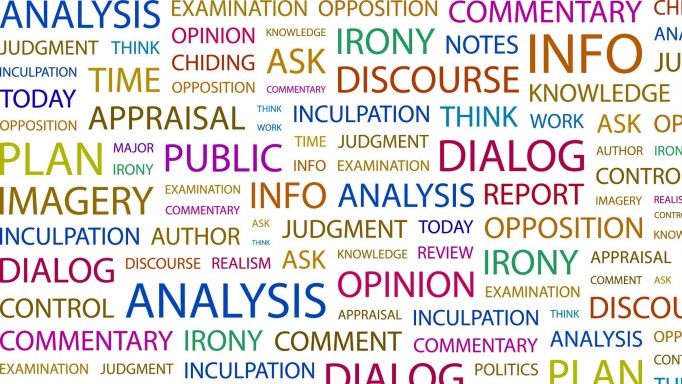Are you uninsured? If you have health insurance, are your prescription co-pays or other insurance costs prohibitively expensive? If you need help paying for your medications, assistance may be available from pharmaceutical companies and other organizations in the form of patient assistance programs (PAPs) and co-pay programs.
PATIENT ASSISTANCE PROGRAMS (PAPs)
Patient assistance programs (PAPs) offer free or low-cost medications to people who are uninsured or underinsured, and who do not qualify for insurance programs such as Medicaid or Medicare. Below is a list of pharmaceutical PAPs for hepatitis B and C. Different pharmaceutical company programs have different eligibility criteria based on the federal poverty level (FPL). You will be asked to verify your income, usually in the form of a federal income tax return.
AbbVie Patient Assistance Program
Hepatitis C: Mavyret
877-628-9738
Gilead Support Path
Hepatitis B: Vemlidy, Hepsera
Hepatitis C: Vosevi, Sovaldi and Harvoni
855-769-7284
Merck C Ahead Patient Support
Hepatitis C: Zepatier
855-257-3932
Bristol Myers Squibb Patient Assistance Foundation
Hepatitis C: Daklinza
800-736-0003
Genentech Assistance
Hepatitis C: Pegasys and Copegus
888-941-3331
GlaxoSmithKline
Hepatitis B: Epivir
888-825-5249
Merck Helps
Hepatitis B: Intron A
Hepatitis C: Intron A
800-727-5400
CO-PAY PROGRAMS
Co-pay programs assist people with private insurance, reducing the co-payments or coinsurance costs required to obtain medications at the pharmacy.
Healthwell Foundation
800-675-8416
The HealthWell Foundation provides financial assistance to eligible individuals to cover coinsurance, copayments, health care premiums and deductibles for certain medications and therapies.
Patient Access Network Foundation (PAN)
866-316-PANF (866-316-7263)
The Patient Access Network Foundation offers help to people with chronic or life-threatening illnesses for whom cost limits access to medical treatments.
Prescription Hope
877-296-4673
Prescription Hope is a national prescription drug benefit program that offers access to FDA-approved prescription medications at a price you can afford.
PATIENT ADVOCACY PROGRAMS
In addition, patient advocacy programs can help you find affordable medication and navigate other issues relating to access to care. To find patient assistance and co-pay programs if you are coinfected with HCV and HIV, visit POZ.com.
Help-4-Hep
877-HELP4HEP (877-435-7443)
Help-4-Hep is a nonprofit, peer-to-peer helpline where counselors work with patients to meet the challenges of hepatitis C. Help-4-Hep provides information and resources about finding financial help to pay for low-cost testing, or finding a free or low-cost clinic, or financial help with payment for treatments. They may also help find doctors and support groups. Services are provided free of charge.
Hepatitis C CareLine
800-532-5274
Patient Advocate Foundation’s Hepatitis C CareLine is a hotline for patients and providers that helps patients who have been diagnosed with hepatitis C and are seeking education and access to care.
For more information, download The American Liver Foundation’s Financial Assistance Resource Support Guide. Their drug discount card is available for free and can be used for prescription medications, over-the-counter medications and medical supplies.
Last Reviewed: July 18, 2023












